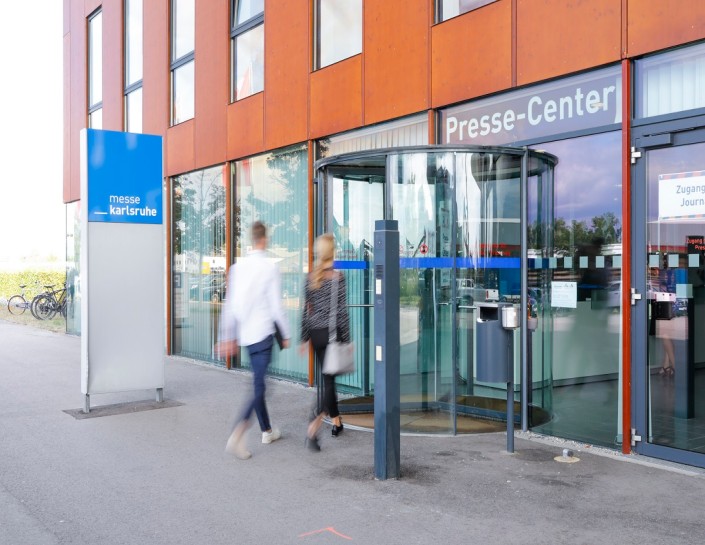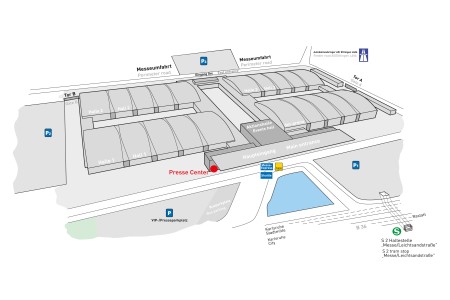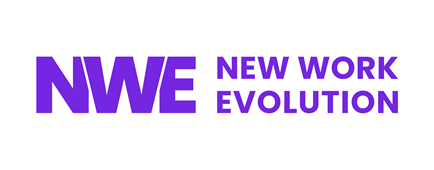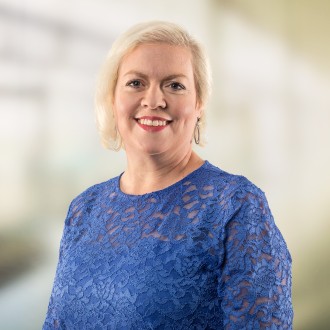Press Service of the New Work Evolution

We will be happy to support you in your work and provide you with material in words and pictures for your reporting on New Work Evolution.
Do you need an individual interview, a short statement or are you planning a filming date?
The next NWE takes place from 5 to 7 May 2026.
Please do not hesitate to contact us!Online accreditation
We kindly ask you to accredit yourself online in advance of NNEW WORK EVOLUTION. On-site accreditation will only be possible in a few exceptional cases.
If you do not have a valid press card, please contact our press officer Katrin Wagner .
Accreditation for the next NWE from 5 to 7 May 2026 will start in January 2026.
We are looking forward to your visit!
Press releases
Press Centre: Our service on-site
- Accreditation on-site
- New Work Evolution press kit
- Press information of the exhibitors
- PC workstations with internet access
- free WLAN
- free lockers
The Press Centre will be open for you during the event.
A few weeks before the event, you will find more detailed information about press events at the New Work Evolution 2026 here.



